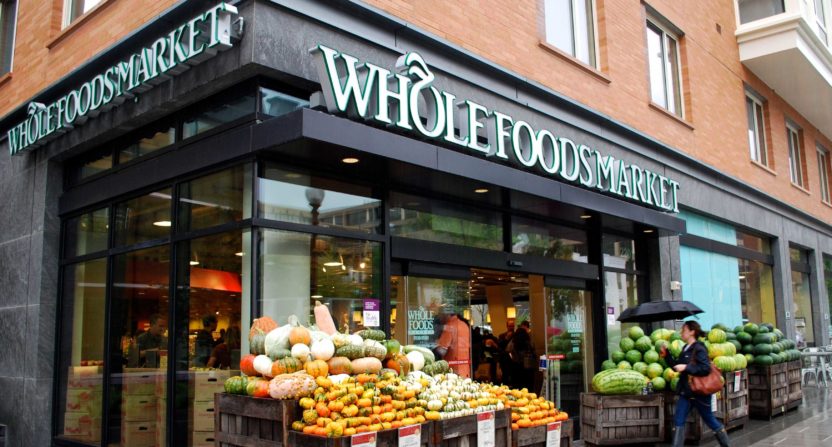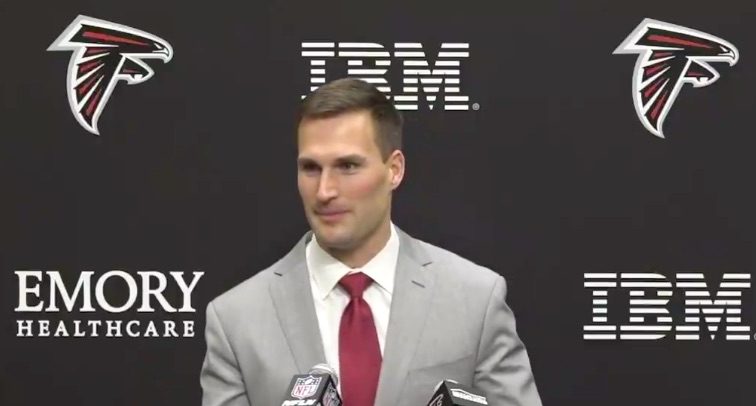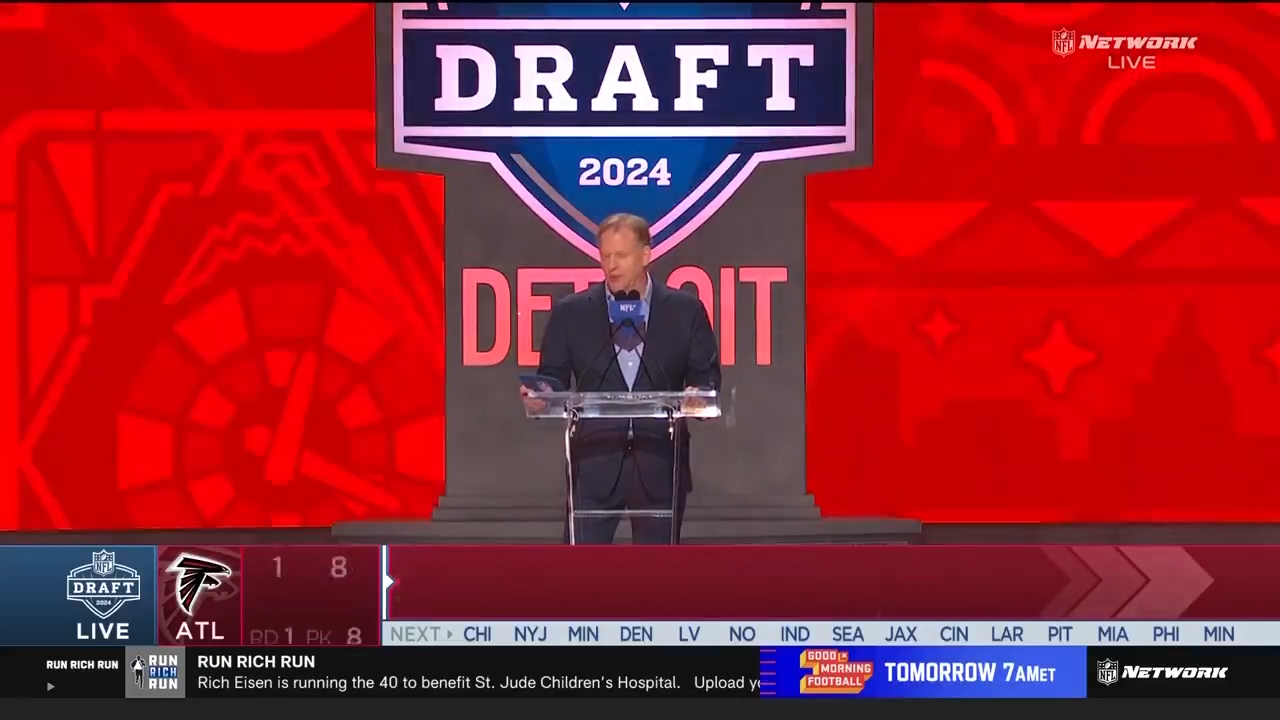Amazon has been in the process of buying Whole Foods for a while and on Monday, the $14 billion deal will be finalized now that the Federal Trade Commission approved the deal. Now that it’s a done deal and Amazon will own the organic and natural food supermarket chain, consumers are already noticing changes that look to be going in their favor.
In an Amazon press release, they revealed that consumers should expect to see discounts in order to make their organic food affordable, make that food available on Amazon’s website in case you don’t live near a Whole Foods (like me where I’m two hours away from the closest store) and have even more discounts for Amazon Prime members.
Starting Monday, Whole Foods Market will offer lower prices on a selection of best-selling staples across its stores, with much more to come. Customers will enjoy lower prices on products like Whole Trade bananas, organic avocados, organic large brown eggs, organic responsibly-farmed salmon and tilapia, organic baby kale and baby lettuce, animal-welfare-rated 85% lean ground beef, creamy and crunchy almond butter, organic Gala and Fuji apples, organic rotisserie chicken, 365 Everyday Value organic butter, and much more.
In the future, after certain technical integration work is complete, Amazon Prime will become Whole Foods Market’s customer rewards program, providing Prime members with special savings and other in-store benefits.
Whole Foods Market’s healthy and high-quality private label products—including 365 Everyday Value, Whole Foods Market, Whole Paws and Whole Catch—will be available through Amazon.com, AmazonFresh, Prime Pantry and Prime Now.
Amazon Lockers will be available in select Whole Foods Market stores. Customers can have products shipped from Amazon.com to their local Whole Foods Market store for pick up or send returns back to Amazon during a trip to the store.
This seems like it’ll be a potential win-win-win for Amazon, Whole Foods and consumers of both. For Amazon, they are able to increase their presence as a retailer not only online but now in more of a traditional physical store. Whole Foods wins because now they have the ability to charge less for their products because Amazon is so big, they can be more efficient to afford to lower prices. And the consumers win because they get more choices and get more bang for their buck.
In addition, many people who may want to eat healthy might not have been able to because of cost. Now that things get more affordable, it may inspire people to eat healthier and not go broke while doing it.
[Amazon/Photo: GAIA Health Blog]







